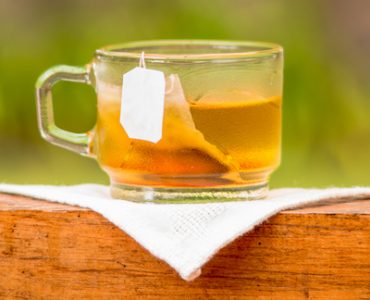Using laboratory-created painkillers can help relieve chronic pain. However, some of them do produce unwanted side effects. Strong painkillers may have addictive properties, and almost all painkiller pharmaceuticals begin to lose their effectiveness as your body builds up a tolerance to them. You will need to keep taking more painkillers for them to be effective, which can be dangerous. Herbal pain relief remedies involve far fewer complications, and while overdosing on them is possible, it is a lot harder to overdose on a herbal remedy than a pharmaceutical one. Despite the reduced risk of herbal supplements causing problems, you should check with your doctor before using one to treat chronic pain. Some herbs react badly to certain medical conditions and diseases. Once your doctor has cleared their usage, these are the best herbal remedies that you can take for ongoing pain.
Turmeric
Turmeric is a fantastic remedy that can help with pain related to arthritis and swelling. This is due to turmeric containing a chemical called curcumin, which acts as an anti-inflammatory agent and helps reduce joint and muscle swelling. By ingesting a small amount of turmeric, you can significantly lessen the amount of pain that you feel in your joints or muscles, and it also has the bonus of a nice taste.
Ginger
Ginger has a whole host of useful side effects that make it one of the best herbal remedies around. It can reduce nausea and calm upset stomachs in addition to acting as a pain relief aid. A significant amount of scientific evidence shows that ginger is effective as a pain reliever and not a placebo. This herb contains anti-inflammatory agents as well as antioxidants. By taking ginger, you can reduce swelling, stiffness and pain in your joints and muscles.
Ginger beer and ginger biscuits do not have a high enough herbal content to effectively reduce pain and swelling, so it is important that you go straight to the source. Relieve your pain with either the root of a ginger plant, a ginger capsule or some ginger powder. Check with your doctor to find out which dose that he or she recommends.
Devil’s claw
Devil’s claw has the scariest-sounding name on this list, but the benefits of taking it are certainly nothing to fear. This herb works as an anti-inflammatory agent due to it containing harpagosides, which help reduce the swelling that causes pain. While there have not been a large number of clinical trials involving Devil’s claw, a medical journal did carry out one study based on bone and joint diseases. It showed that the herb was as effective as a leading arthritis drug at both reducing pain and increasing mobility.
While Devil’s claw is not as effective at relieving muscle pain, it does work significantly better than a placebo. It has some painkilling effects, and if your doctor approves, then you can use it in conjunction with pharmaceutical painkillers to help increase their overall effectiveness in managing muscle discomfort.













